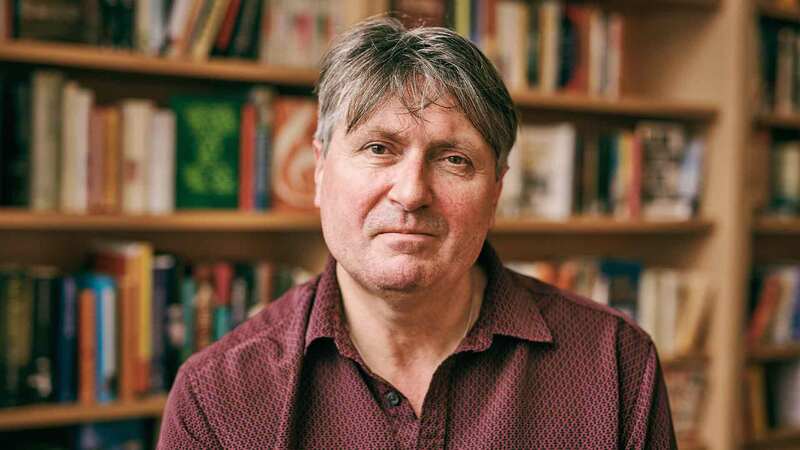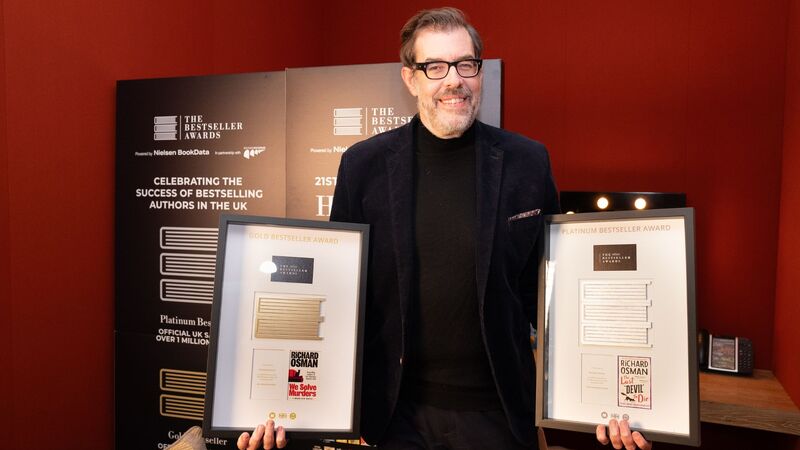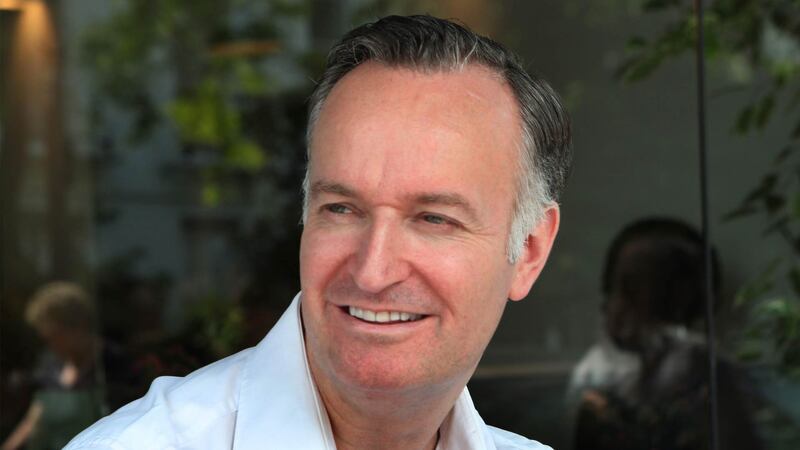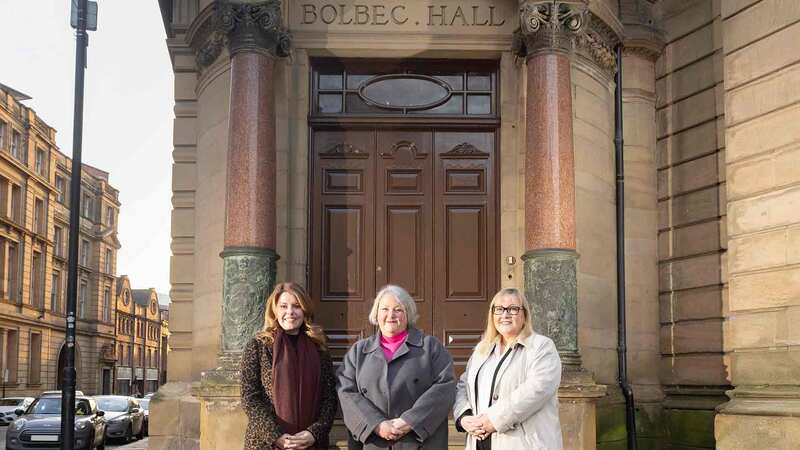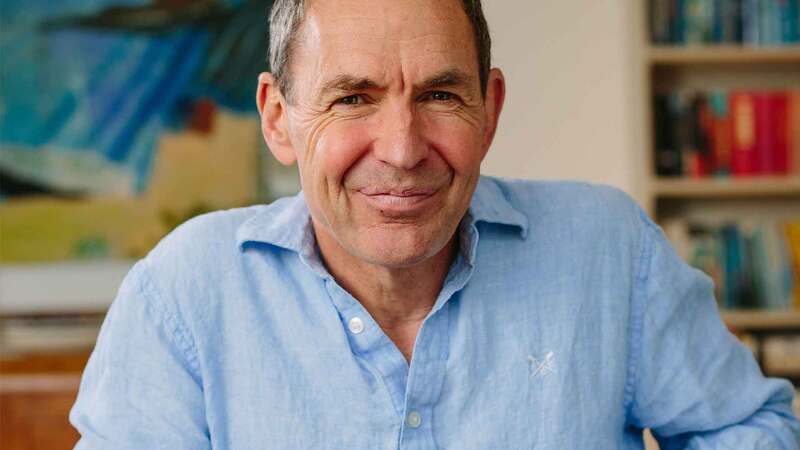You are viewing your 1 free article this month. Login to read more articles.
CUP reveals carbon neutrality targets
Cambridge University Press has said it is on track to be 100% carbon neutral in the UK by 2022, both as regards to its own direct emissions and indirection emissions from the generation of the energy it purchases (so-called Scope 1 and Scope 2 emissions).
For its global operations, the target date is 2030.
As the world marks Earth Day 2020 (today, 22nd April), the CUP told The Bookseller it is also gathering data to set a baseline for its Scope 3 emissions, which focus on its wider carbon impact including travel, supply chain, paper, printing and freight. Alongside the rest of the University of Cambridge, CUP is committing itself to reducing its wider carbon emissions to zero no later than 2048.
Chief executive Peter Phillips said: "Cambridge University Press shares the university’s mission to contribute to society through our work so we have an obligation to act responsibly in the big issues facing our communities. If we are to play our part in the fight against climate change we must adapt what we do and how we do it and we must do this on a global scale."
The picture emerging so far from the data CUP is currently gathering is that the publisher's supply chain and manufacturing are likely to represent more than half of its carbon emissions, so it is already focusing its efforts on tackling this area urgently.
In addition to accurately mapping the baseline carbon footprint CUP is also taking a number of immediate concrete steps to reduce emissions, most recently including purchasing all electricity for its UK office from renewable sources; fitting one of the UK's largest flat roof solar installations at its Cambridge site, reducing its carbon footprint in its largest office by around 20%; and achieving the World Wildlife Fund’s highest sustainable timber performance rating (three trees), with a sustainable procurement policy.
CUP has also removed plastic and paper tableware from offices, which contributed to a 79% reduction in general waste generated in its UK office in last year, with any non-recyclable waste sent to refuse-derived fuel facilities meaning zero waste went to landfill.
The publisher is also involving people across its global operations in company-wide working groups focused on issues such as travel, energy, food, resources and waste, freight and the supply chain.
Helen Griggs, director for Global Environment at CUP, said: "The range, reach and impact of our publishing, together with concrete actions to make our operations more sustainable and the energy and enthusiasm of our colleagues, makes for a powerful combination. They also show a deep, genuine and long-term commitment to helping build a sustainable future for people and the planet."
CUP is also making a wide range of free, online content available in April and May to mark Earth Day. For details, see www.cambridge.org/earthday2020.




